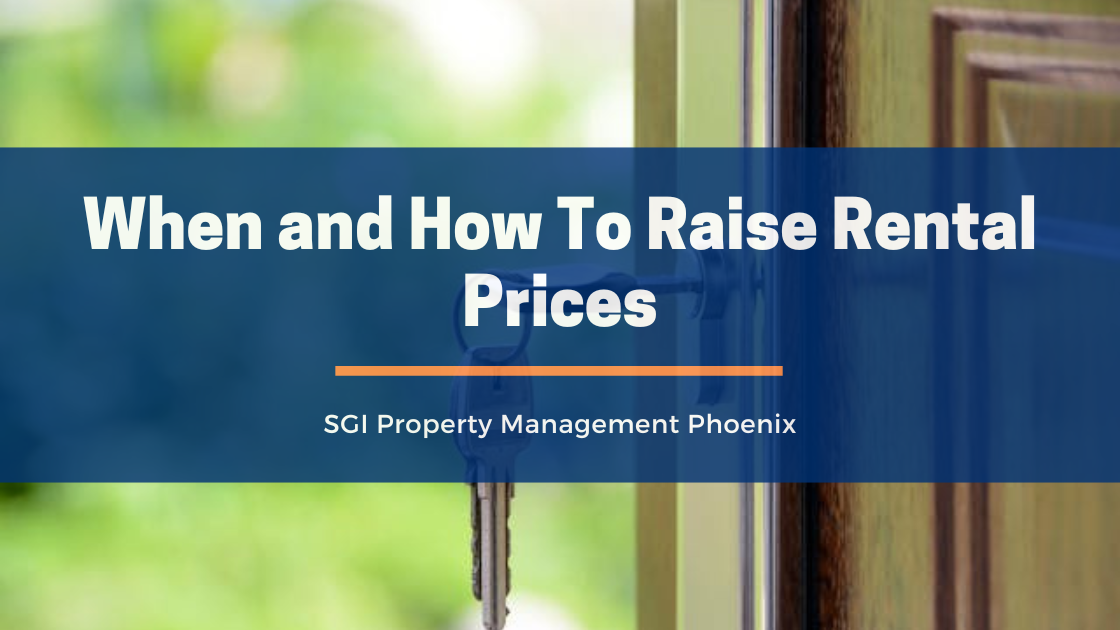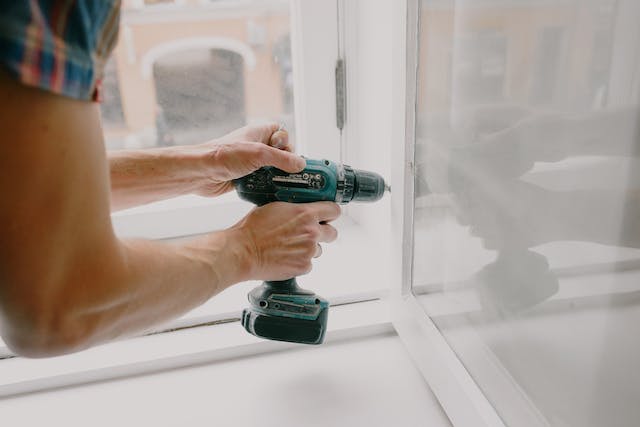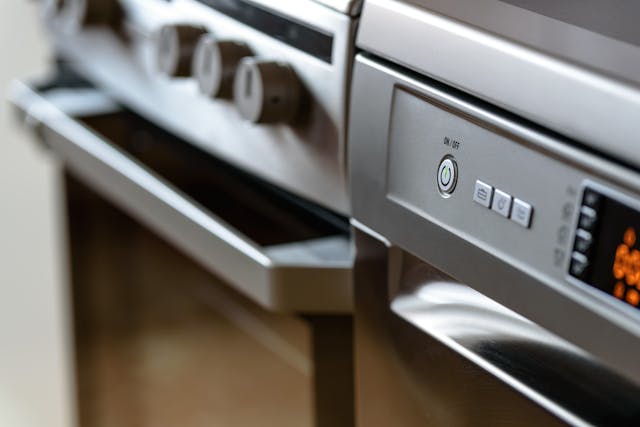
Are you wondering when and how to raise the rent on your rental property? As a landlord, it's important to keep your rental income in line with market trends and rising costs, but knowing the right time and approach can be tricky.
In this guide, we’ll break down the key steps to help you navigate rent increases smoothly, while keeping your tenants satisfied.
From understanding local laws to making strategic upgrades, these tips will ensure you maximize your rental’s potential without creating unnecessary friction.
Process of Raising Rental Prices
Raising rental prices requires careful planning and communication to ensure a smooth transition for both you and your tenants. Here's a step-by-step process to guide you through it.
Review Your Local Rental Laws
Before raising rent, it’s essential to understand the rental laws in your area. Many places have regulations on how much and how often you can increase rent. Some areas might require you to give tenants a specific amount of notice before making changes.
Additionally, rent control laws may limit the percentage by which you can raise rent. Familiarizing yourself with these laws will help you stay compliant and avoid any legal issues.
Incorporate Rent Increases Into Your Lease
One of the best ways to manage rent increases is by making them a part of your lease agreement. Include a clause that specifies when and how often the rent may be raised.

This sets clear expectations for your tenants and helps prevent misunderstandings. Some landlords choose to include an automatic annual increase based on inflation or market conditions.
Others may give a range for potential increases. Whatever your approach, be sure to discuss this with your tenants upfront and get everything in writing to ensure transparency.
Calculate How Much You Can Raise Rent
Determining the right amount to raise rent involves balancing market trends with tenant retention. Start by researching similar properties in your area to see what others are charging.
If you raise the rent too much, you risk losing good tenants. If you don’t raise it enough, you may not be covering increased costs. Also, consider factors like property upgrades or rising property taxes when deciding the increase.
Improve the Property and Keep Up with Maintenance
Making upgrades to your rental property can justify a rent increase and keep your tenants satisfied. Improvements such as new appliances, updated fixtures, or a fresh coat of paint can increase the value of the rental and allow for higher rent.
Regular maintenance is equally important. When tenants see that you're proactive about repairs and upkeep, they’re more likely to accept a rent increase as fair.
Keep track of all upgrades and repairs so you can demonstrate the value you're providing when discussing rent changes with tenants.

Give Your Tenants Proper Notice
Once you've decided to raise the rent, make sure to notify your tenants well in advance. Most areas require a specific notice period, which is typically between 30 to 90 days.
Be clear and transparent in your communication, explaining the reasons for the increase. Highlight any upgrades or rising costs that have led to the decision.
By giving tenants enough time and a clear explanation, you’ll foster a positive relationship and reduce the chances of them feeling blindsided or upset. A respectful approach will also improve tenant retention.
Tips To Determine Your Rental Raise
Here are some helpful tips for landlords to easily determine the right rent price:
1. Research the Local Market
Start by researching rental prices for similar properties in your area. Look at properties that have the same number of bedrooms, bathrooms, and similar features like square footage, parking, or proximity to public transport. This gives you a good benchmark for what renters are willing to pay.
2. Consider the Location
Location plays a key role in determining rent. Properties in desirable neighborhoods, close to schools, parks, or shopping areas can command higher rent prices. Evaluate your property’s unique selling points and adjust your pricing accordingly.
3. Factor in Your Property’s Condition
The age, condition, and upgrades of your property can affect rental rates. Newly renovated properties or those with modern appliances and fixtures can justify a higher rent.

On the other hand, older properties may need to be priced lower if they haven’t been recently updated.
4. Account for Property Costs
Make sure your rent covers essential expenses like mortgage payments, insurance, taxes, and maintenance. You should also consider setting rent at a price that leaves room for profit, while still staying competitive in the market.
5. Check Supply and Demand
If there’s a high demand for rentals but not many properties available, you can set a higher price. Conversely, if there’s a surplus of rentals, you may need to adjust your price to attract tenants.
6. Use Online Tools
Take advantage of rental pricing tools or websites that analyze market trends and suggest rent prices based on your property’s location and features. These tools can provide valuable data to help set a competitive rate.
7. Test the Market
If you’re unsure about the right price, you can list the property at a higher rate and monitor interest. If there’s little response, you can lower the price gradually until you find the right amount.
By combining these strategies, you can set a rent price that balances profitability with tenant affordability, ensuring both your success and tenant satisfaction.
Bottom Line
Raising rental prices can be a delicate process, but with the right approach, it can benefit both you and your tenants. By understanding local laws, making upgrades, and communicating clearly, you can ensure the increase is fair and manageable.
If handling rent increases, tenant relations, and property management feels overwhelming, you don't have to do it alone. SGI Property Management Phoenix is here to help.
Their expert team can take care of everything, from handling rent adjustments to managing your property efficiently, giving you peace of mind and a profitable investment. Let SGI make the process smoother for you!









